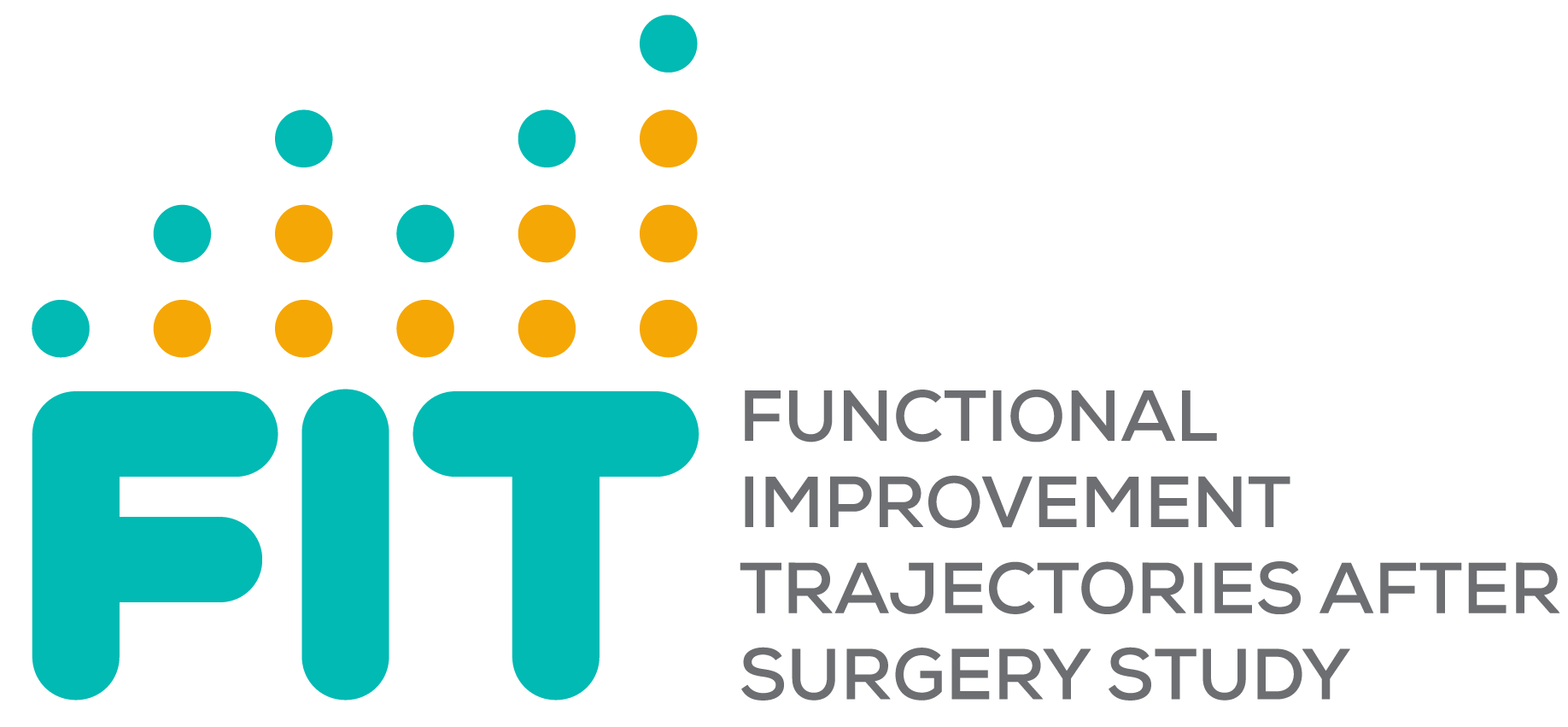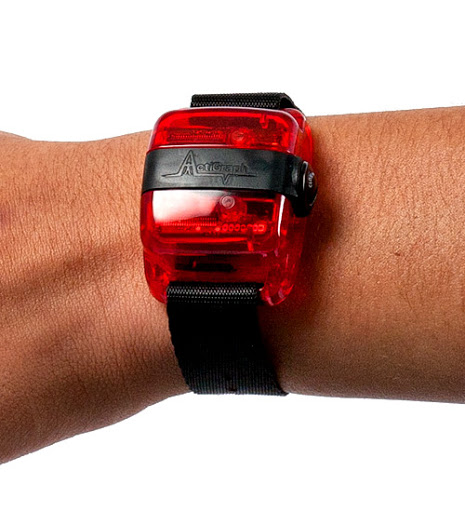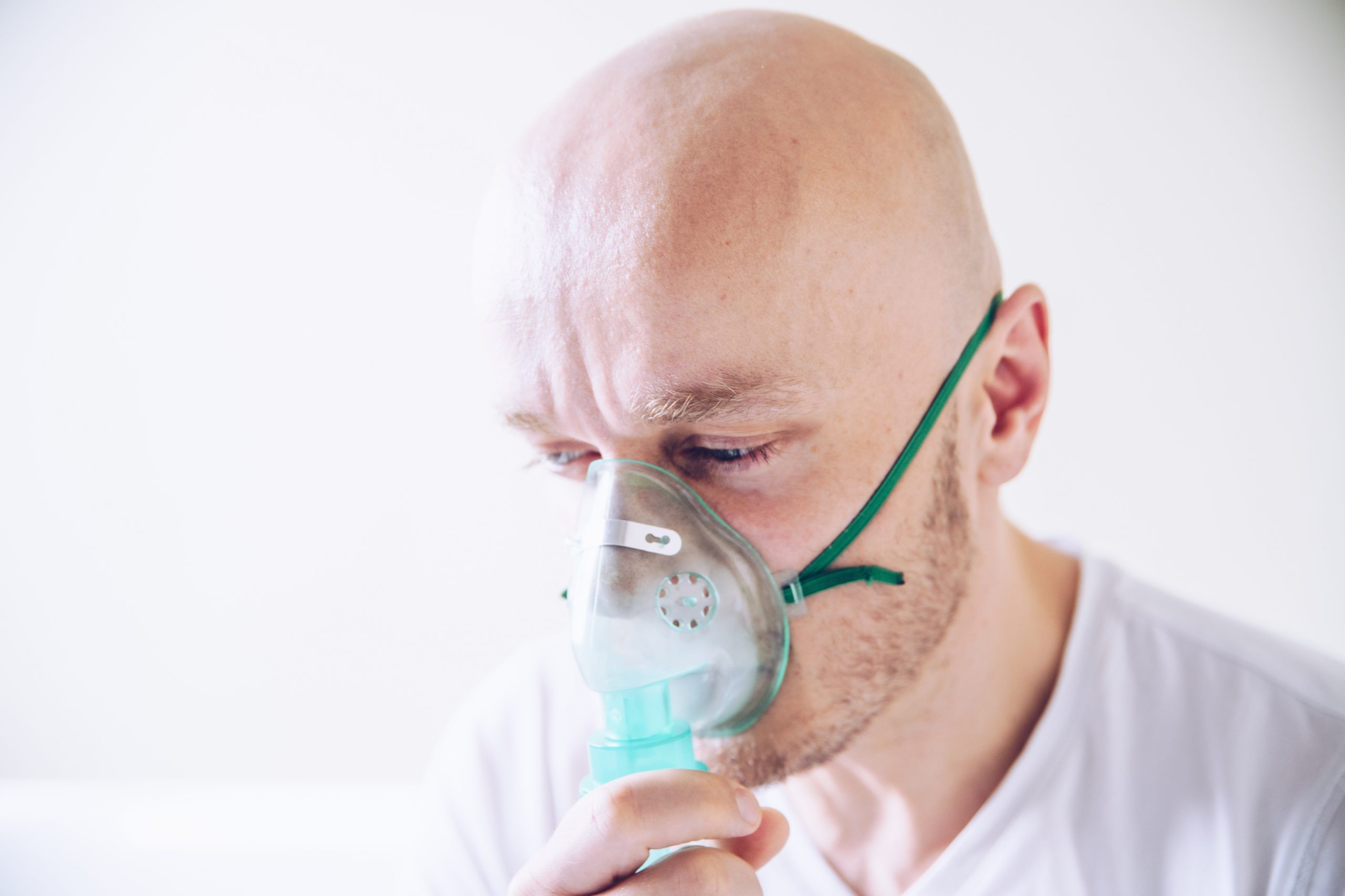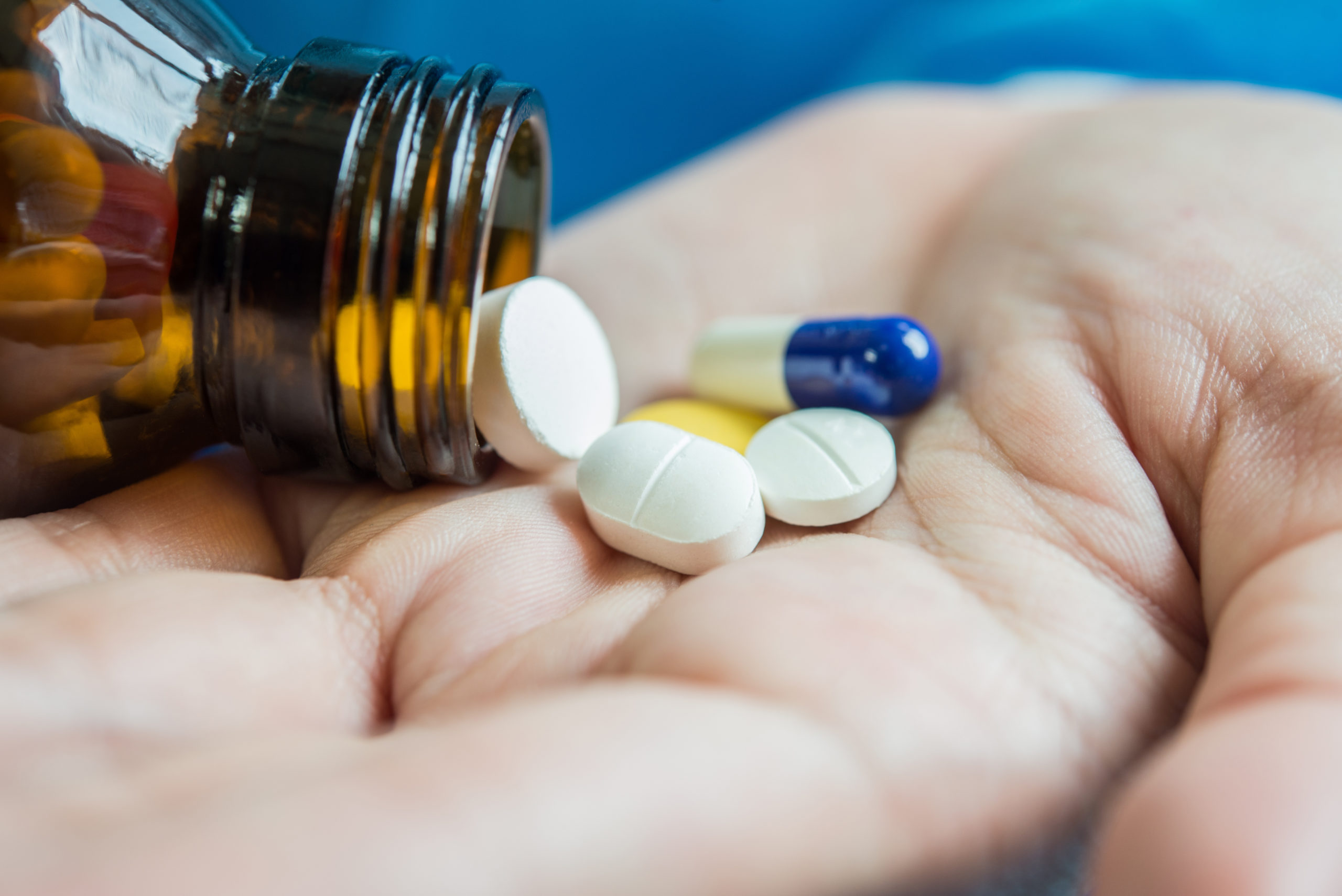
The FIT After Surgery Study is a multicentre cohort study that aims to understand the incidence, cause and impact of new disability after major surgery in people aged 65 years or older. The study aims to include 2000 participants from hospitals across Canada. FIT After Surgery is supported by funding from the Canadian Institutes of Health Research (CIHR) and PSI Foundation.

The POWERS Trial is a sub-study of the FIT After Surgery Study where participants will wear an activity watch or “Actigraph” for up to 3 months after surgery. The activity watches will describe participants’ physical activity levels and sleeping patterns before and after surgery. This information will help us better understand which individuals are more likely to develop problems with recovery after surgery.

This randomized trial will investigate a novel treatment option for individuals with major depression who do not respond to usual antidepressant therapies. The novel treatment is a Stellate Ganglion Block (SGB), which involves injection of local anesthetics into the nerves located in the lower part of the neck.

The SMILE Trial is a randomized controlled trial that will investigate another treatment option for major depression: nitrous oxide (commonly known as ‘laughing gas’). Nitrous oxide is an anesthetic gas that is commonly used in dental offices. It causes feelings of relaxation and calmness. The SMILE Trial aims to evaluate the effect of treatment with nitrous oxide in individuals who major depression that does not respond to usual antidepressant therapies.

The RECOUP trial is a multicentre randomized study that investigates whether the Transitional Pain Service Program (TPSP) can help patients with chronic pain reduce their need for opioid medications after surgery. The TPSP includes consultations with a pain specialist and psychologist. Patients also use a digital app to help them keep better track of their chronic pain. In total, 210 participants from 6 hospitals will take part in the RECOUP study.